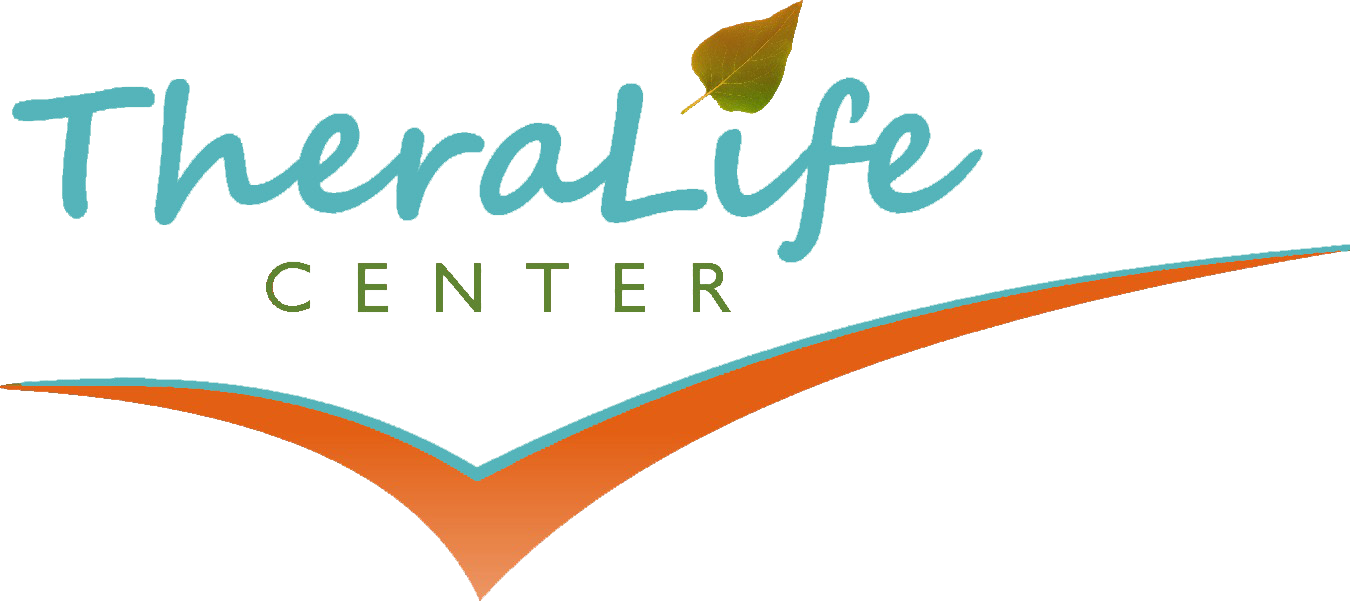The following information can help you become an informed consumer of counselling services for yourself or for your child. You may have a lot of questions about what counselling is or isn’t. The following information may answer some of those questions.
People seek counselling for different reasons and at different times in life. Sometimes individuals seek counselling when they are experiencing a crisis or as a last resort. Others seek counselling to prevent a crisis. Yet regardless of where you are at, counselling can offer possibilities for new ways of being and living.
While counselling can elicit strong feelings or emotions, which may be scary for some, counselling has many benefits. Counselling can help individuals restore or grow safe and meaningful relationship between partners or with a child/teen. It can help individuals overcome debilitating moods, behaviours or thoughts that seem out of control, or confusing, to re-experience a sense of renewed hope and joy. Counselling can help individuals turn life transitions into new opportunities for growth and discovery. It can help individuals find meaning, balance, wellbeing and purpose in life. It can also help individuals explore spiritually, discover faith and the joy of spiritual disciplines. Counselling can provide that safe place to share stories of pain, failure, or discouragement and where those can be turned into new stories of healing, joy, success, hope and encouragement.
Counselling is a professional helping relationship. It is conducted according to a Code of Ethical Conduct and Standards of Practice, and occurs within a professional and comfortable environment. Everything shared in sessions is confidential though confidentiality does have limits. Click here to view Limits to Confidentiality.
Who is it for?
Counselling is for anyone – children, teens, adults, couples or families – wanting meaningful change and emotional or mental wholeness or healing. However, it takes a considerable amount of courage to acknowledge the need for change or healing. And it takes even more courage to act. But active participation and commitment can bring about life changing rewards!
What is a Registered Clinical Counsellor?
A Registered Clinical Counsellor (RCC) is a dedicated professional who has met rigorous, academic Masters-level training, clinical experience and supervision requirement that are part of the BC Association of Clinical Counsellors (BCACC) membership criteria. All RCCs must pass a Criminal Record Check and carry professional liability insurance. RCCs are held accountable to their clients through the BCACC’s code of Ethical Conduct, Standards of Clinical practice, and its complaints, investigation and disciplinary procedures.
How to Choose a Counsellor
Like most things, choosing a counsellor that fits for you, or your child, happens by “shopping around”. Word of mouth or recommendations made by your friends, doctor, pastor or rabbi are one of the best ways to find a counsellor. Counselling directories on the internet, such as Psychology Today, can also be helpful.
Yet regardless of how you find a counsellor, your counsellor needs to be a good match for you or your child. A good fit is a counsellor that you feel truly comfortable with. One that listens, is empathic, caring and non-judgmental, and is skilled to help address your or your child’s concerns. An effective counsellor believes and respect their clients; informs their clients about the process of counselling; will not force their clients to do anything they aren’t comfortable doing; yet will encourage their clients to do things that may help them reach their goals; encourages their clients to find support people to rally for them while in counselling; offers their clients coping skills; encourages their clients to share what isn’t working for them in counselling; and decides together when to end with counselling.
Asking questions can also help you to decide if a counsellor is a good fit. Including your own questions, some questions to ask include what training or credentials the counsellor has, what therapies they use, how long they have been in practice, their experience with your concerns, culture or ages of clients they have worked with, and questions about record keeping and fees. If a counsellor can’t answer these questions to your satisfaction, or you don’t feel completely comfortable with them, move on until you find a counsellor that fits.
